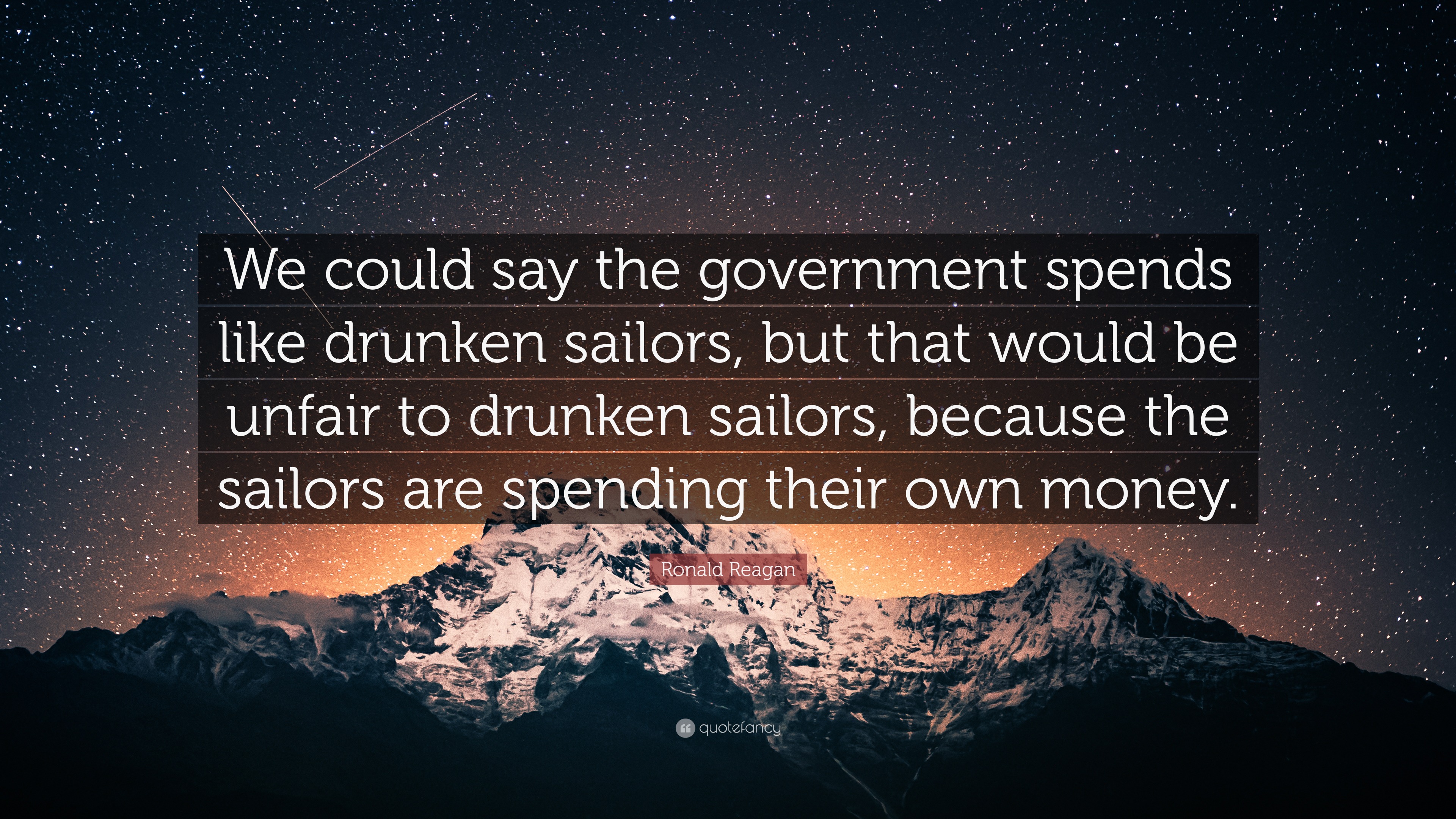First of all, philosophy means “love of wisdom.” There are many ways of loving, and many aspects of wisdom to love.
Some philosophers love logic, critical thinking, or scientific reasoning: what we call formal or “exact” philosophy. Others love philosophy of language, or knowledge, or mind, or AI. Many love value-laden aspects such as philosophy of ethics, law, society, and politics. Others love Continental philosophy, or Indian Philosophy, or Chinese Philosophy.
In addition to philosophy’s intrinsic interests, we can, and do, philosophize about any and every discipline taught in the academy, including Art, Music, and History.
To me, philosophy means conducting a rational inquiry into any matter of interest. Philosophical questioning has no limits, no taboos, and no unthinkable thoughts.

 dailynous.com
dailynous.com
Some philosophers love logic, critical thinking, or scientific reasoning: what we call formal or “exact” philosophy. Others love philosophy of language, or knowledge, or mind, or AI. Many love value-laden aspects such as philosophy of ethics, law, society, and politics. Others love Continental philosophy, or Indian Philosophy, or Chinese Philosophy.
In addition to philosophy’s intrinsic interests, we can, and do, philosophize about any and every discipline taught in the academy, including Art, Music, and History.
To me, philosophy means conducting a rational inquiry into any matter of interest. Philosophical questioning has no limits, no taboos, and no unthinkable thoughts.

Why Philosophy? Lou Marinoff - Daily Nous
Lou Marinoff is interviewed by Céline Leboeuf. Why Philosophy? Lou Marinoff interviewed by Céline Leboeuf What is philosophy to you? First of all, philosophy means “love of wisdom.” There are many ways of loving, and many aspects of wisdom to love. Some philosophers love logic, critical...




